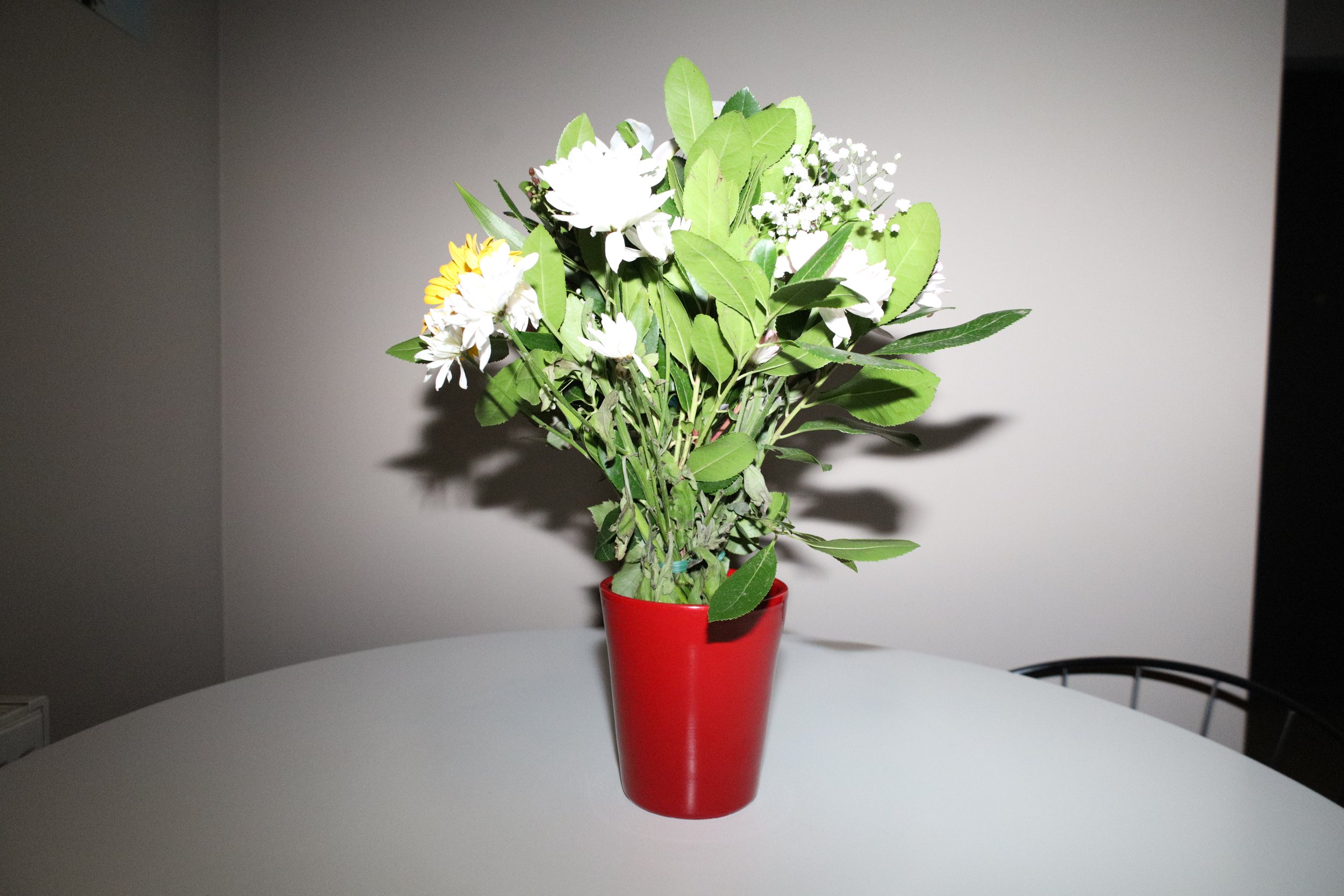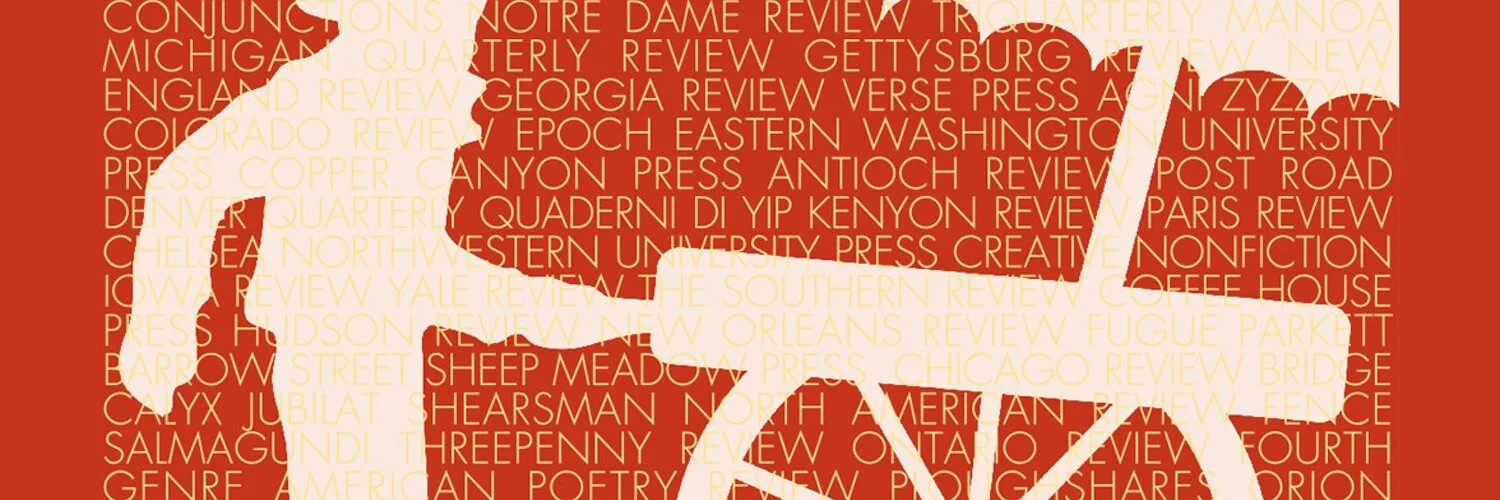It was approximately this time five years ago when I was ambushed by a minor breakdown following yet another 11-hour day working for peanuts at a translation agency. Like a confident French marshal during the early days of the Napoleonic Wars, the breakdown had been amassing its forces for some time, and when it struck, it tore a hole through my paltry defences and sent me spinning to the sofa, where I was to remain for some hours. After the screams had ceased and the smoke cleared, I was left with a single word echoing in my head: Quit. I did so the next day, and I’m still pretty certain it was the best decision I’ve ever made.
What I’m not so certain about was my next decision: to write for myself instead of translating other people’s words. Actually, it wasn’t even a decision; it was a need. Have I enjoyed it? Sort of. Does it frustrate me? Constantly. Can I do without it? No, unfortunately not. I shape my entire life around it. It influences the way I structure my day, how I speak and listen to people, what entertainment I consume, whether I feel halfway satisfied or like a fraud in the evening. It has been responsible for my greatest sense of achievement—seeing my novel on a bookstore shelf—and my lowest ebbs. Five years in, I still don’t feel qualified to talk about writing in any capacity beyond offering the broadest of sketches. But I’d like to mark the occasion, if only for myself, by offering five lessons I’ve learned about writing.
I will never be satisfied and will always beat myself up
This one is hardly a newsflash. It may be endemic to all people who create something they believe in both 100% and 0% and tend towards the self-critical rather than the self-aggrandising. I did hope, though, that at some point my level of satisfaction at my work might increase from ‘modicum’ to ‘pinch’ (or maybe a punch). Alas not. It’s funny, because up until the moment a piece is published, I can declare to myself that ‘this is the best I can do and the best it will be’. The moment after publication is when my other set of eyes automatically takes over and I can only see poor word choices, verbose description, repetition, similes that don’t work (like the Napoleonic one above) and clunky dialogue. By that point, though, it’s too late to take the work back and attack it with a red pen. But then I suppose this is for the best: if I always saw what I wrote through my other set of eyes, I wouldn’t have the confidence to throw something out there in the world. And in a way it’s good to be this critical, because it means I’ll hopefully never release the literary equivalent of Be Here Now.
Having your book published is not fun
Getting By the Feet of Men published turned my hair grey. Not all of it, just some at the sides. Chalk it up to discovering a typo in the epigraph in the weeks leading up to publication, fighting for every single review, worrying about sales and hating the cover I was saddled with. There’s very little to enjoy about any of the promotion side of it. And even though my sales figures were way better than I ever expected them to be, realising how many hours had been required to sell a few hundred copies was pretty sobering. What the whole foray into the world of publishing taught me, though, is to enjoy the time when I’m sitting at my desk, bringing a story to life. Because that’s pretty much as good as it gets. The rest is crazy amount of behind-the-scenes work and disappointment and factors beyond your control.
I think I’ve found a writing style that works for me
I didn’t realise this until the first reviews came in for By the Feet of Men, but over the past five years I’ve developed a writing style, and the best way I can summarise it is: storyboard prose. By this I mean when I write scenes I visualise them as movie storyboards and then describe what I see in as few words as possible. I was recommended to do this ten years ago by a guy I used to work with in Amsterdam; I gave him a long, messy chapter of a terrible novel I was writing at the time, and he ripped it to threads before rewriting one scene using the storyboard method. It was all the more impressive given he was (and probably still is) Dutch, and wrote in a far clearer, sparser way than I did. His advice has remained with me ever since, and my writing has gradually shaped itself around the format. I’m not saying it’s instantly recognisable (Pricesque? Prician? Maybe I should change my last name), but it at least gives me something to work with.
The short story format is brutal
Here’s how many short stories I’ve written each year since I started doing it ‘professionally’:
2015: 17 stories
2016: 28 stories
2017: 18 stories
2018: 13 stories
2019: 11 stories
2020: 2 stories
Since that heady peak in 2016, when I was churning out approximately one short story every two weeks, the amount has fallen year on year to a stunning low in the first half of 2020. This isn’t due to laziness, though: it’s because I don’t think the amount of effort that I put into the short story is balanced out by the payoff if (and that’s a big if) it gets published.
A typical cycle for me would be this: I spend a week or two writing the story, then put it aside for a few weeks, revise it, put it aside for another few weeks, then revise it once more. Then I send it off to a publication calling for submissions, hear nothing for six months, before ultimately receiving either an acceptance or (more likely) a rejection. If it’s accepted, I wait another three to six months until the short story is published – online, in print or both – and a handful of people read it. And then it’s gone, into the ether, never to be read again.
That’s a great deal of energy I could be putting into something more worthwhile, which is why, starting in 2018, I switched my focus to writing essays. For whatever reason, essays seem to be read and green-lit quicker by online publications and there’s usually no fee to submit them. Plus, I have the feeling that the marketplace for creative nonfiction, critical analysis, personal essays and so on is much less crowded than for short stories – each of the five I wrote last year quickly found a home. Of course, this might just mean I’m not very good at writing short stories.
Realising which formats work for me has taken the edge of desperation out of my fingers when I sit down and replaced it with a dash of assurance. Now, instead of asking myself, ‘How am I going to get this published?’, I think ‘this is what I want to say’.
And finally…the fear of failure doesn’t go away
My greatest fear at present—within the context of writing, that is—is that I won’t be able to find a home for my next novel, Mekong Lights. After a year of promotion and sales and reviews for By the Feet of Men, I’m back to querying agents and receiving either rejections or no response at all. What if it doesn’t get picked up? That’s two full years of effort for nothing and I’ll be a failure. Or, at least, that’s how I think each time I open up an email containing the line “Not one for me, I’m afraid”. But that’s not true. Yes, I will have ‘failed’ to sell the novel and yes, realising nobody is interested in reading what I’ve written is a miserable feeling, but that doesn’t make the endeavour itself a failure. It most certainly isn’t a waste of time, because if nothing else it was two years of practice. I juggled with more perspectives, tackled a more complex plot, tried my hand at social commentary, loosened up a little with my dialogue. Most importantly of all, I enjoyed it while I was writing it and, like I said above, that’s pretty much the most a writer can hope for. Or maybe it isn’t; maybe five years is too soon to be drawing any conclusions. I’ll check back in in 2025 and let you know.



